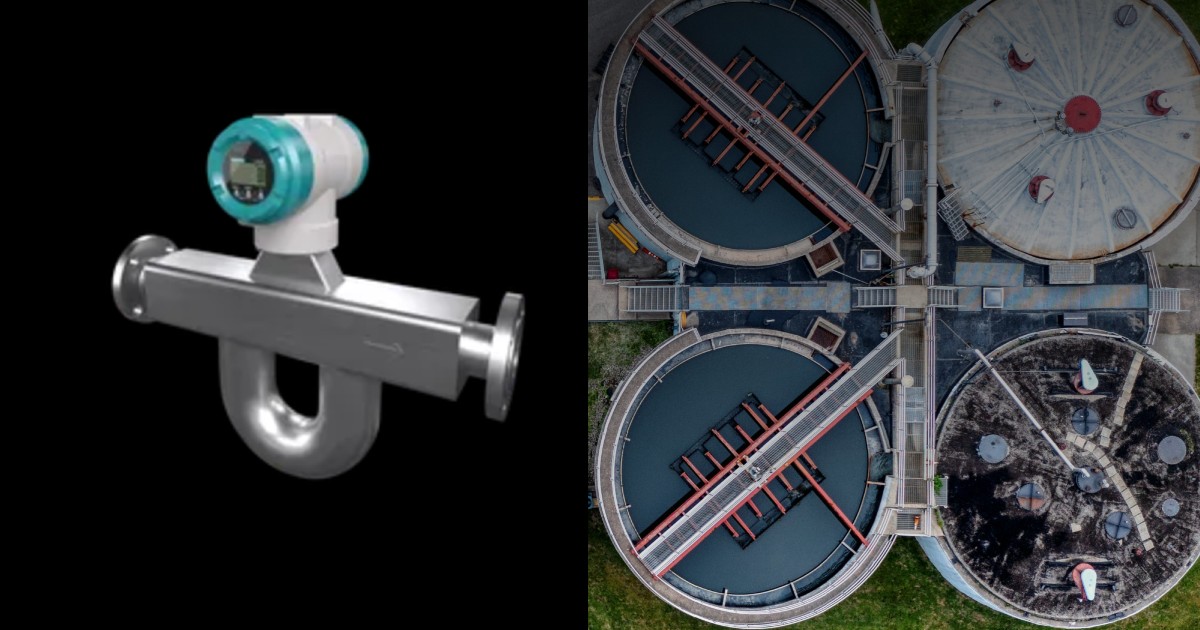Water treatment facilities across the country are experiencing significant improvements in efficiency and accuracy thanks to Coriolis mass flow meters. According to a recent report from Siemens Process Instrumentation, these advanced meters are changing how treatment plants manage chemical dosing in the purification process.
The journey from raw water to potable drinking water involves multiple treatment stages where precise chemical application is crucial. Traditional volumetric measurement methods have limitations that can lead to either under-dosing (risking contamination) or over-dosing (wasting expensive chemicals).
Coriolis technology addresses these challenges by measuring the actual mass of chemicals being added rather than volume. With accuracy rates of 0.1%, these meters offer unprecedented precision, particularly for low-flow applications involving polymers and other treatment chemicals.
“The true advantage comes in applications like sodium hypochlorite dosing,” the report explains. When this chemical sits in tanks, it often releases chlorine gas that can cause metering pumps to vapor lock or deliver inconsistent amounts. Coriolis sensors detect these issues in real-time by measuring both mass flow and density.
Other chemical applications benefiting from this technology include:
- Flocculants like Aluminum Sulfate (Alum) and Ferric Chloride
- Ammonia for converting chlorine to chloramine
- Fluoride and various anti-scaling agents
Beyond accuracy, these meters offer installation advantages by eliminating the need for upstream and downstream straight pipe runs, making them easier to integrate into existing facilities.
As water treatment challenges increase with growing population demands and aging infrastructure, Coriolis mass flow meters represent a significant technological advancement that simultaneously improves water quality while potentially reducing operational costs.
For more information on this technology and its applications in water treatment, visit the detailed report.
